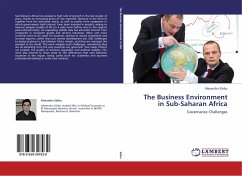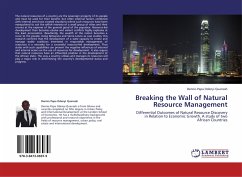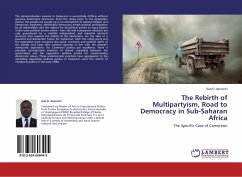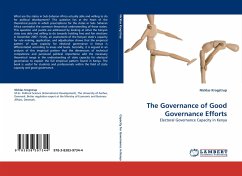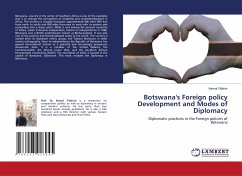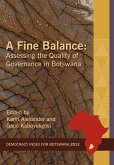Sub-Saharan Africa has enjoyed a high rate of growth in the last couple of years, thanks to increasing prices of raw materials. Revenue in the form of royalties from the extractive sector, as well as profits from companies in which governments hold interest, have been invested in projects aiming to improve people's quality of life on a scale never before seen in the region's post-colonial history. An expanding middle class has attracted interest from companies in consumer goods and services industries. More and more countries seem to be 'open for business', seeking to attract investment and increase exports, rather than just receive development aid. Still, challenges to doing business in Sub-Saharan Africa remain, and they are amongst the greatest in the world. This work analyzes such challenges, considering they are all stemming from the way countries are governed. Two major factors are treated: the quality of business regulation and political stability. The work also intends toshow some of the differences that exist between countries in the region, being useful both for academics and business professionals looking to enter new markets.
Bitte wählen Sie Ihr Anliegen aus.
Rechnungen
Retourenschein anfordern
Bestellstatus
Storno

